
Other times, you follow all the rules of recovery for a long time, and you feel safe from relapsing. Addiction and relapse might make you feel like no one else shares your issues or understands what you are going through. Just like when you first got into treatment, remember that you met others struggling with addiction like you. Going to a meeting and sharing your experience with others in recovery can help you remember that you are not alone.
Text box 2. Evidence for the effectiveness of substance abuse intensive outpatient programs (IOPs): high.
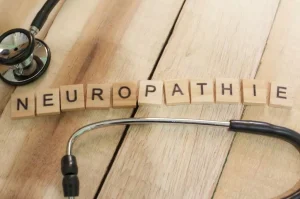
Relapse should not be seen as a failure of treatment but rather indicates a need to resume, modify or change treatment—this might mean going back to rehab a second time. When returning to rehab or to a treatment facility, working with the treatment team to identify what led to relapsing and adjust the recovery plan to prevent future relapses and maintain long-term sobriety. If relapse occurs, it’s time to get into an alcohol or drug rehab right away.
Do I Need Treatment Again?
At Nova Recovery Center, we believe that true recovery involves treating the mind, body, and soul. Addiction affects every aspect of your life, and our holistic approach addresses all these areas. By treating more than just the symptoms of addiction, we going back to rehab can provide comprehensive care that addresses your physical, emotional, and spiritual needs. This holistic approach gradually breaks down the barriers that hold you captive in addiction and helps you build a fulfilling, sober life. Relapse is not a sign of failure but rather an indication that treatment needs to be adjusted.
Heroin (Drug): Overdose, Withdrawal & Addiction Treatment Complete Guide
Substance abuse intensive outpatient programs (IOPs) are direct services for people with substance use disorders or co-occurring mental and substance use disorders who do not require medical detoxification or 24-hour supervision. They are designed to establish psychosocial supports and facilitate relapse management and coping strategies. There is some evidence that disorder severity may influence the effectiveness of IOPs compared with inpatient or residential treatment. In Minnesota treatment programs, patients with recent suicidal ideation had better outcomes following residential care than patients who participated in intensive outpatient care (12). A secondary analysis of treatment for cocaine dependence noted that patients with more severe drug problems were more likely to benefit from long-term residential care than from less intensive levels of care (14).
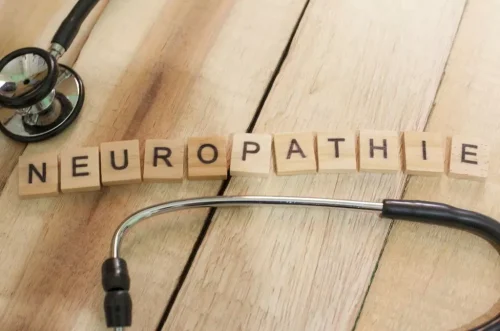
You might also engage in addictive behaviors that can be just as harmful as substance and alcohol abuse. If you or a loved one has experienced a relapse, reach out to an admissions navigator at to learn more about your treatment options and how you can use health insurance coverage for rehab. According to a review of relapse prevention, lapse and relapse are particularly common within the first year of seeking treatment. Treatment for addiction can help clients work through a relapse and begin taking active steps to change their behavior. Dan is passionate about disrupting the current addiction treatment model in the USA and wants to see people overcome their addiction issues and not just remain sober, but thrive in life while living their passion. Dan has been working in the substance abuse treatment industry for over 25 years.
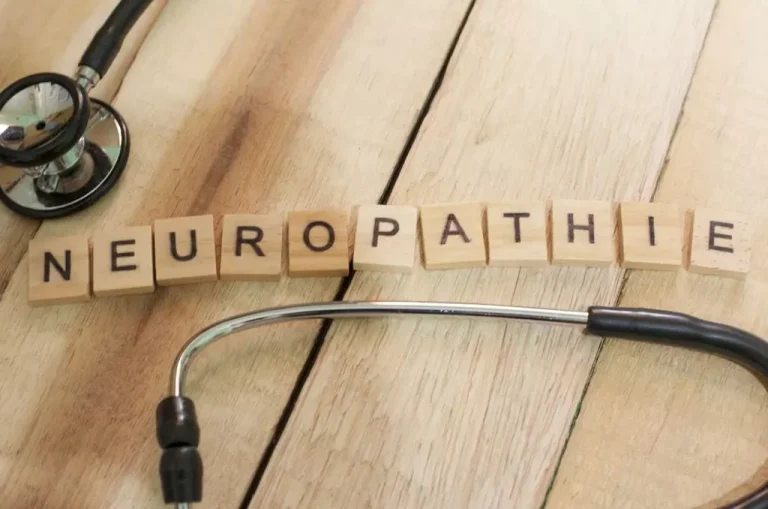
Any treatment center receiving calls from the site is a paid advertiser. Calls to numbers on a specific treatment center listing will be routed to that treatment center. Calls to any general helpline will be received by Pinnacle Health Group, a paid advertiser. We’re here 24/7 to help guide you or your loved on through rehab and recovery. Submit your number to receive a call today from a treatment provider.
Hearing about others’ struggles and successes can provide valuable insights and help individuals feel less alone in their journey towards sobriety. Support groups like NA and SMART Recovery offer structured environments where individuals share experiences and receive peer encouragement. Regular participation in support groups fosters accountability and provides ongoing motivation for maintaining sobriety. Apps designed for addiction recovery provide tools for tracking cravings and connecting with support networks. Examples of apps designed for addiction are Sober Time, SoberTool, and Nomo.
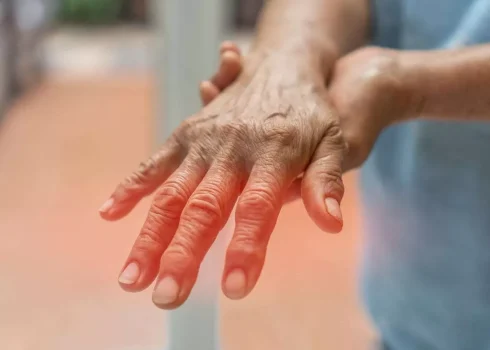
Outside pressures—from family members, friends, co-workers, or even via legal issues or court-ordered rehab mandates—can also put people at risk for post-rehab relapse. A person may enter rehab while still in the pre-contemplation stage and simply not be committed to the process, potentially increasing the risk of relapse. If you have previously been to rehab but have experienced a relapse, you may be wondering whether or not you need to go back to rehab. While nobody wants to spend months away from their family or accrue the high cost of behavioral health services, doing so can mean the difference between life and death.
- Overall, the current literature suggests that a wide range of service intensities can be effective for individuals with substance use disorders.
- Relapse should not be seen as a failure of treatment but rather indicates a need to resume, modify or change treatment—this might mean going back to rehab a second time.
- There are many myths surrounding relapse, some deeply ingrained and widely held.
- On the other hand, if you have begun shooting heroin once again and have been doing so for several months, going back to rehab is in your best interest.
- Peak Density is the number of days of any substance use (i.e., any alcohol or drug) during the month of highest use over the past 6 months (coded 0-31).
How Long Does It Take to Get Over a Relapse?
However, addiction is a disease, and you are still vulnerable to relapsing. It can bring on feelings of shame, frustration, and often cause someone to feel as if they are incapable of changing their behavior or achieving their goals. I’ve had experience with recovery since 1996 and began working in the field in early 2004. Jeffrey’s current role as supervisor for one on one counseling allows him to spend time with each client in a one on one setting. His main objective as a one on one counselor is to ensure that each client has a safe and nonjudgmental space to discuss the issues surrounding their relationship with substances. Camille Cox is the Family Advisor, Continuing Care Supervisor at Elevate Addiction Services South Lake Tahoe campus.
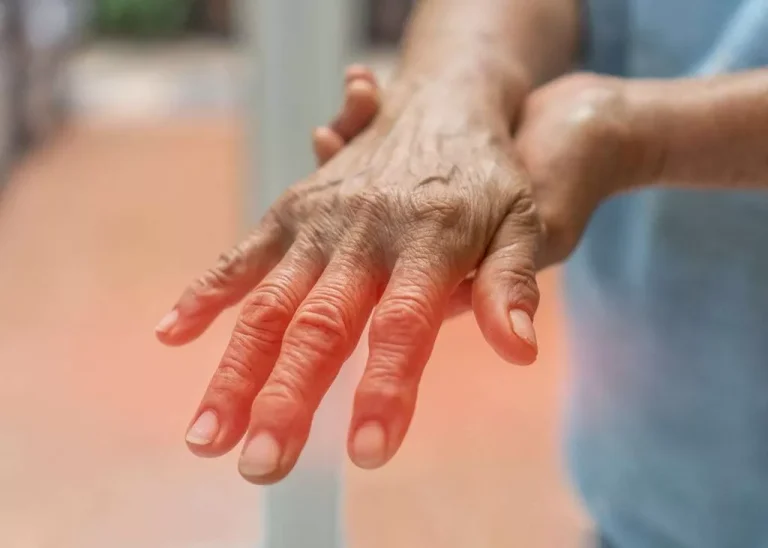
- Relapse can happen for a number of reasons and going back to rehab opens the door to improve the recovery plan and take new steps towards sobriety.
- The second round of drug rehab is an opportunity to figure out why you relapsed and develop skills to prevent a future relapse from occurring.
- By counteracting addiction’s powerful disruptive effects on the brain and overall behavior, those struggling with an AUD can one day return to their family, workplace, and community.
- If you have determined that you can benefit from a second round of treatment, consult an addiction treatment professional today.
By addressing and analyzing these feelings, you will be able to explore new ways to cope with future triggers so you can stay sober. If you have determined that you can benefit from a second round of treatment, consult an addiction treatment professional today. The best way to determine if you should go back to rehab after a relapse is to look at how severe your relapse was and how likely you are to continue using substances. If you only had a “lapse” or a “slip,” have told your sponsor, and have re-committed yourself to your recovery, returning to rehab may not be necessary. It’s also important to look back at what event or emotions may have led to the relapse and learn how to properly deal with these in the future. It may be that you need to find new ways to cope with stress by exploring relaxation techniques such as deep breathing, meditation and yoga.
